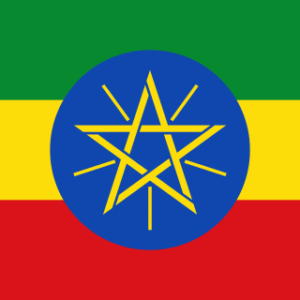The Brazilian Federal Government, with support from the International Organization for Migration (IOM), has launched the “This is Brazil” programme, a nationwide initiative aimed at strengthening the reception, protection, and reintegration of nationals returning in vulnerable situations. The programme ensures coordinated services from arrival to reintegration, enabling returnees to rebuild their lives with dignity and safety.
IOM Chief of Mission in Brazil, Paolo Caputo, emphasized the importance of collaboration among various actors, noting that the initiative demonstrates a commitment to upholding human rights and providing comprehensive support. The programme addresses urgent needs upon arrival while creating pathways for long-term reintegration and inclusion.
Running for an initial 12 months, the programme will provide mental health and psychosocial support, healthcare, shelter, food, transportation, family reunification, and civil documentation assistance. These services will continue beyond arrival to support social and economic reintegration, meeting both immediate and ongoing needs.
In addition to direct support, “This is Brazil” seeks to strengthen migration governance, collect strategic data on returnee profiles and needs, and inform evidence-based public policies. Since February, over 1,200 returnees have arrived through operations coordinated by the Federal Government, focusing on humanitarian reception and protection for vulnerable nationals returning from abroad.
IOM has partnered with the Government to provide technical and logistical support, including information management, needs assessment, temporary shelter, and transportation for those facing vulnerabilities. These contributions will continue under the programme’s framework, reinforcing Brazil’s commitment to protecting human rights and promoting socioeconomic inclusion.
The initiative aligns with global frameworks such as the 2030 Agenda for Sustainable Development, the Global Compact for Safe, Orderly and Regular Migration, and IOM’s policy on return, readmission, and reintegration. It involves multiple stakeholders, including various federal ministries, the Federal Police, the Federal Public Defender’s Office, state and municipal governments, civil society, the private sector, and international organizations.







